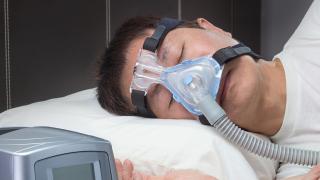Merck Shingles Vaccine Appeal To Test Mass Torts Tool
Merck Shingles Vaccine Appeal To Test Mass Torts Tool

Introduction
In March 2022, the federal trial judge presiding over a four-year-old multidistrict litigation related to Merck's Zostavax shingles vaccine made a crucial decision.
Having already granted summary judgment to Merck in five bellwether cases where plaintiffs alleged that the vaccine caused shingles instead of preventing it, the judge found that the plaintiffs' expert had not provided scientifically reliable evidence linking their illness to Merck's vaccine. The judge determined that the only reliable method to establish this link was through a laboratory test called a polymerase chain reaction (PCR) assay. Government researchers had used PCR tests to investigate the potential connection between the Merck vaccine and shingles, a point that Merck did not contest, although they maintained that such cases were extremely rare.
Taking this lesson from the bellwether litigation, the judge issued a Lone Pine order, an increasingly common case management tool in multidistrict litigation. This order required nearly 1,200 plaintiffs in the consolidated case to submit laboratory test results demonstrating a specific link between the shingles virus they contracted and the strain contained in the Merck vaccine.
Plaintiffs' lawyers argued that the evidence the judge demanded simply did not exist and could not be produced. They pointed out that tests to identify the virus strain causing shingles were not a standard part of treatment when plaintiffs were diagnosed, and these tests were not performed during their illness. Moreover, because PCR tests must be conducted while the virus is active, there was no way for plaintiffs to obtain such lab results years after their shingles episode.
However, despite these protests, in December 2022, the judge dismissed the cases of nearly 1,200 plaintiffs, stating that none of them had provided "laboratory reports or other relevant documentation" meeting the requirements of the Lone Pine order.
The judge acknowledged that plaintiffs insisted they could establish specific causation without PCR tests. Still, he argued that they had not presented any of their supposed evidence for causation and had not addressed the "indisputable evidence" that PCR results were the only reliable proof in this regard.
Latest News
Attorneys Seek Reconsideration of Talc MDL Daubert Ruling
Plaintiffs’ attorneys are urging the U.S. District Judge overseeing the talcum powder lawsuit MDL to reconsider a recent decision for a second round…




